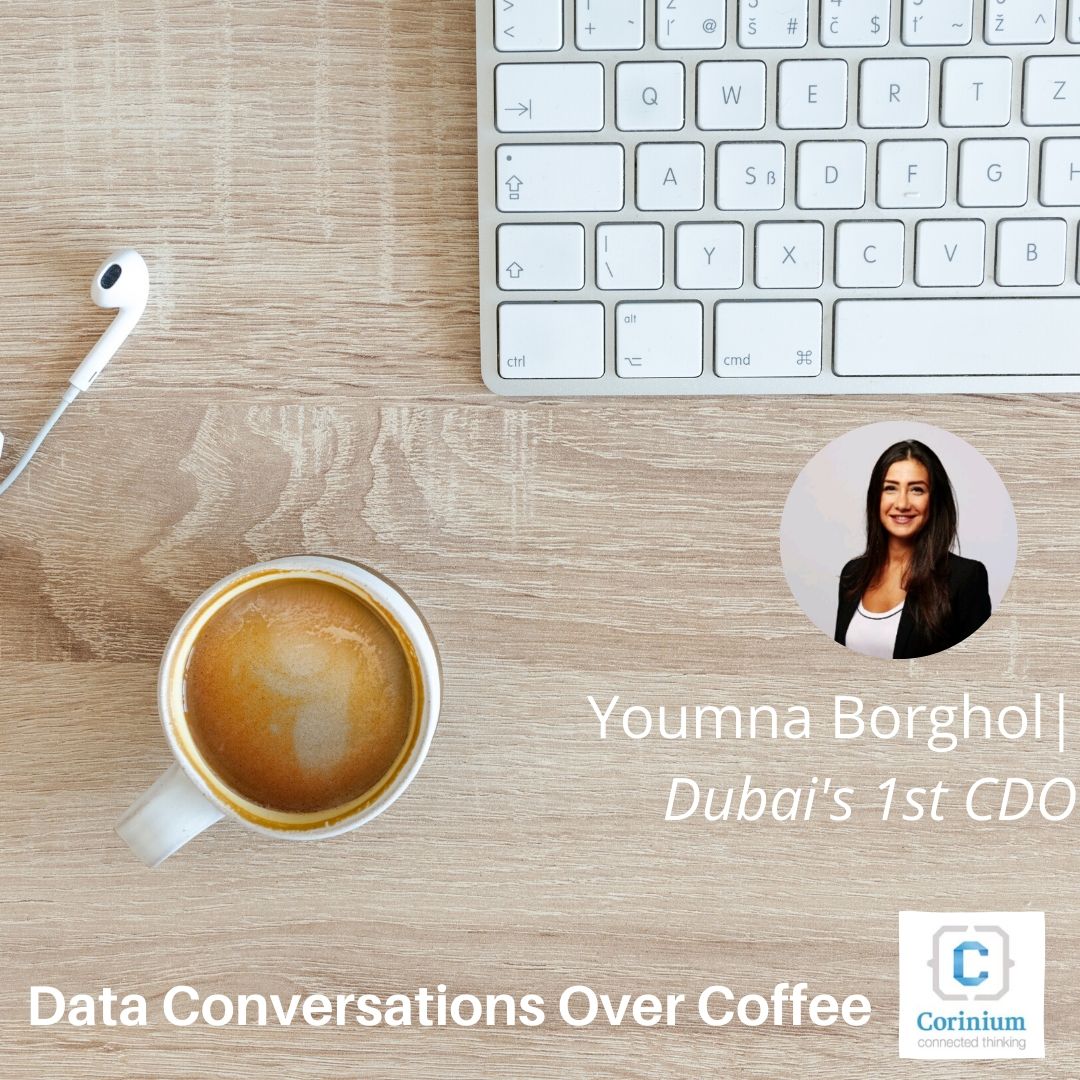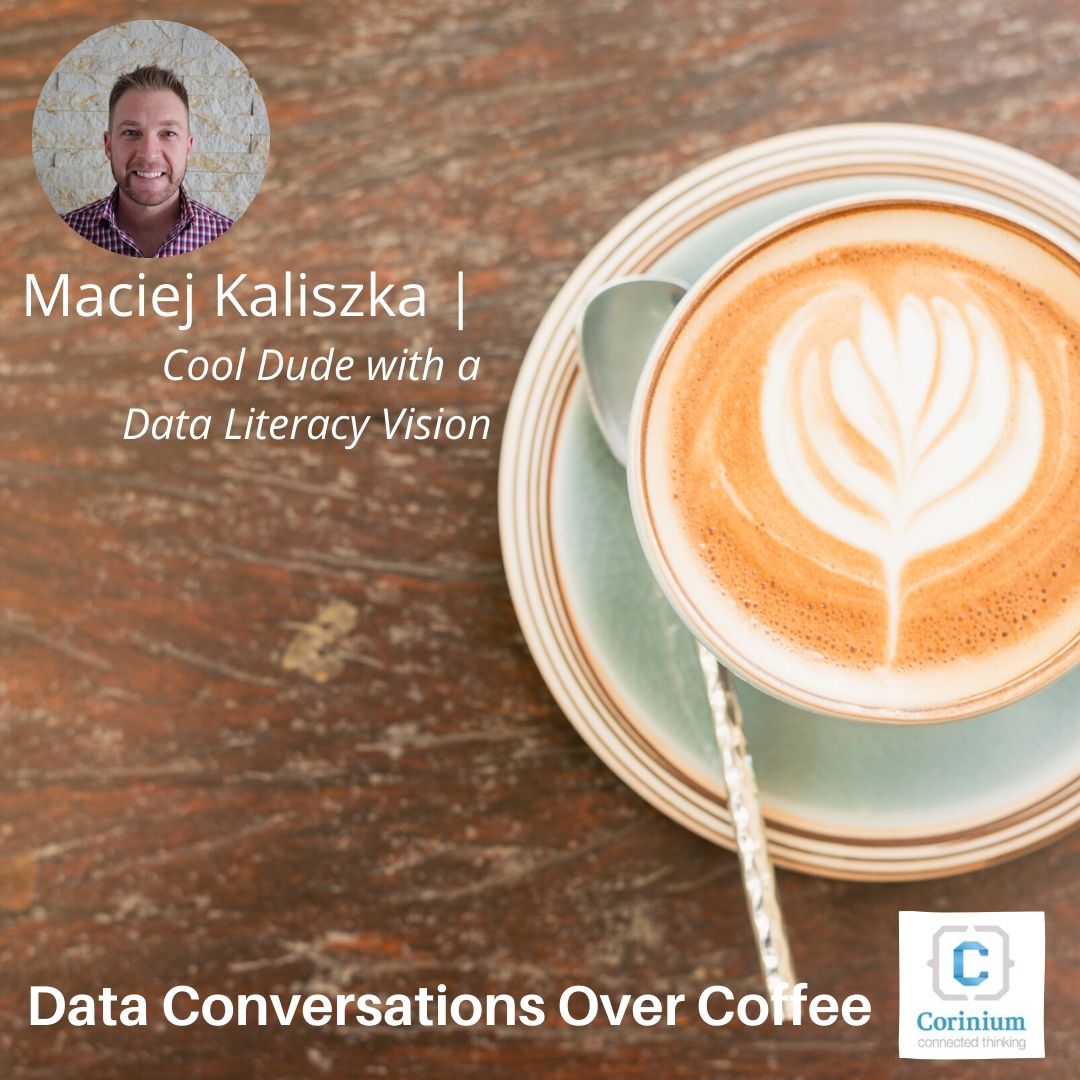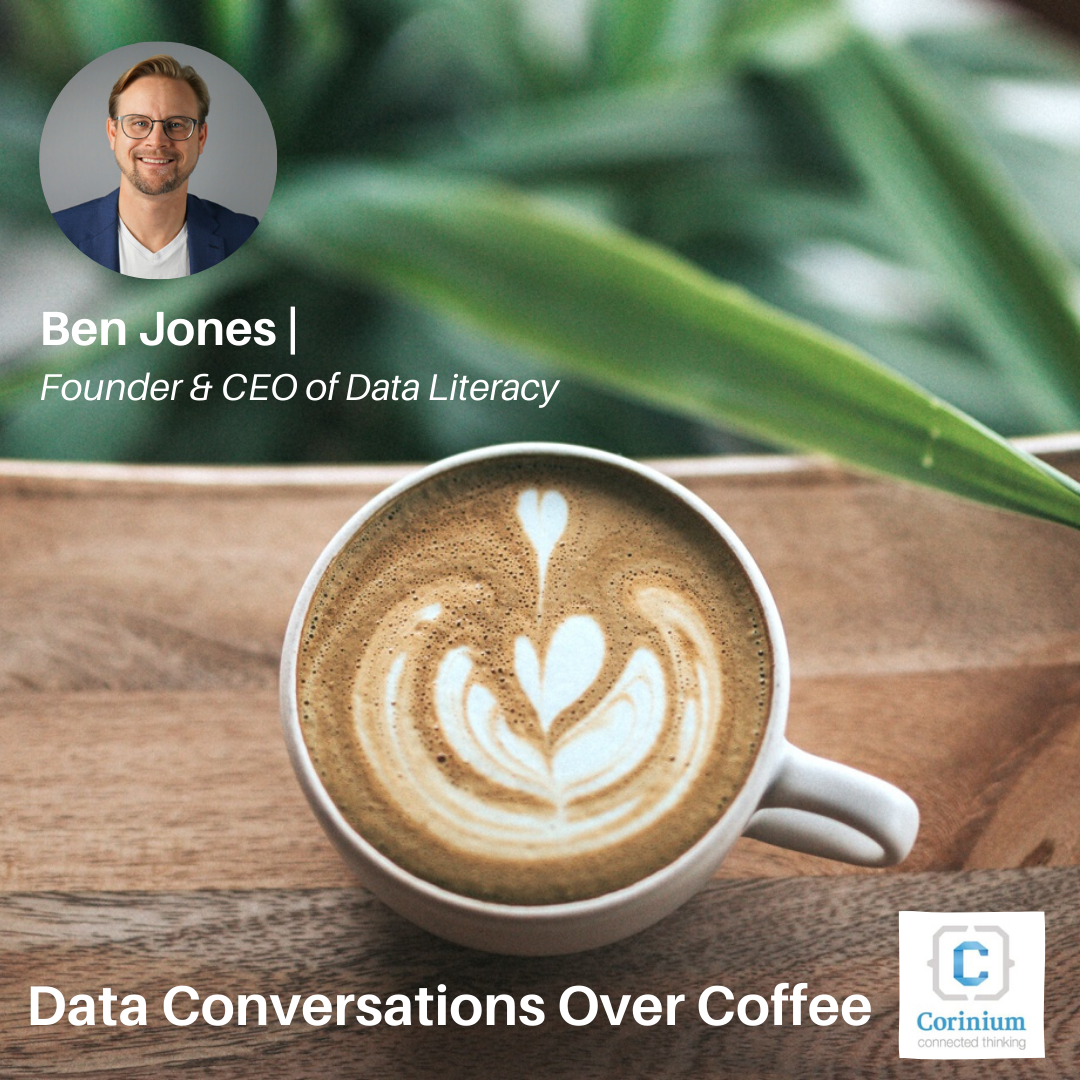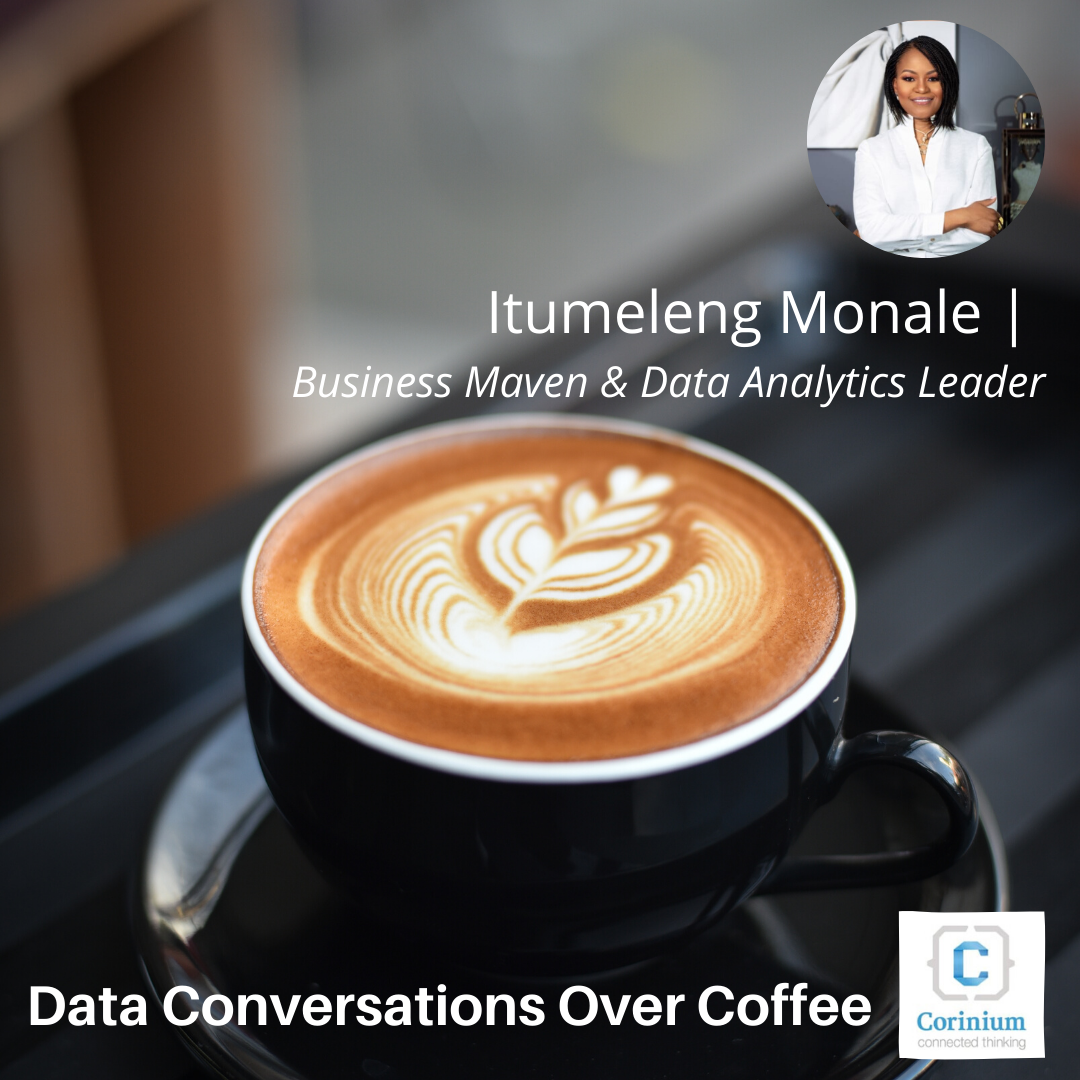As a global leader in data analytics conferences Corinium is extremely pleased to be working with the Egyptian data analytics community on DataCon Egypt 2018 - which will take place in Cairo on 7 & 8 November.
Corinium’s data analytics events are designed to provide deep value to senior leaders and decision makers who are responsible for driving the strategic growth of data analytics within their organisations.
Our Managing Director for MEA, Craig Steward, spent time with one of DataCon Egypt’s esteemed speakers - Emad ElAzhary, Head of Big Data & Strategy, Vodafone Egypt - to get some insight into Vodafone’s data analytics strategy.
Craig Steward: Emad, you’re responsible for the strategic direction of data analytics within Vodafone Egypt. What is your vision for your department and what challenges have you faced in achieving the vision?
Emad ElAzhary: Recently Vodafone has adopted its digital telco strategy which sets the road for a lot of transformations in the way we do business. One of the most important pillars of the strategy is to become more and more a data centric organization, every decision needs to be taken based on deep insights and advanced analytics.
“...every decision needs to be taken based on deep insights…”
This requires a huge change in the way we look at and treat data. While previously data was used for reporting and simple analytics and financial analysis, now data is becoming an extremely valuable asset to the company - an asset as important as our Network, our Switches, our Operational Radio Spectrum, our in country Licenses as well as our People.
We need to protect and secure this data and follow all the rules and regulations in dealing with this valuable asset.
To effectively use this vast amount of data, we require different set of tools than what have been using over the past 20 years. Luckily, with the exponential growth in the online world and the huge amounts of data being gathered everywhere, the technologies have evolved and those new breed of data tools became widely available and are developing every day.
“...we believe we can deliver huge value to our customer…”
With the right tools in place and the right combination of Data Scientists and Telecom Domain experts, we believe we can deliver huge value to our customers, delivering an excellent experience across all touch points and especially on the digital front delivering on Vodafone digital telco strategy.
CS: At DataCon Egypt you will be talking about the use of AI and Machine Learning. This is an area many companies are still far behind on - what tips can you provide people on where to start with their AI/ML journey?
EE: At Vodafone Egypt, for the past 20 years, we have been analyzing our data using traditional tools utilizing our Telecom Experts that understand the business to deliver and design products that suit different customer segments.
While this has distinguished us in the market as being the number one operator in the country, we want to take this to the next level. We want to tailor our offering and the way we serve customers on an individual level.
Instead of segmenting our customers into distinct segments that share the same characteristics, we strive to reduce this segmentation to every individual customer. This cannot be done by simple analytics, this requires machine learning and artificial intelligence algorithms that look at a huge set of data and automatically learn and find patterns and suggest offers that are specific to every customer.
“...we strive to reduce this segmentation to every individual customer…”
Luckily those algorithms are all in the public domain, large companies publish and open source these algorithms. Every day, there is a new paper being published that tackles an old problem using better, more accurate algorithms.
Also, the tools required to build and implement those algorithms are mostly open source tools. So really nothing is stopping any organization in any field from using this new technology. The only limitation is the availability of data in a digital format. In the telecom world data is readily available in a digital form, the most important step is to ask the right questions. Questions that are important to the business and that has answers deeply embedded within the data.
CS: How would you describe the maturity of data analytics within Egyptian companies? Do you feel like the profession is maturing and what’s driving this?
EE: I believe Data Analytics even in its simplest forms is still underdeveloped within Egyptian companies at large. There are very few exceptions, mainly in the banking and petroleum sectors, that have dedicated teams for proper Data Analytics.
“...educate management on the types of questions they can get answers to from the available data…”
I believe the first step for Egyptian companies to start reaping the fruits of Data Analytics is to start properly and effectively gathering and storing data. The next step is to educate management on the type of questions they can get answers to from the available data, and scout for additional data sources that might not seem directly related to the business to help in answering those questions.
The global market is extremely hungry for talented Data Scientists that are capable of using the tools and using that data to answer business questions. Unfortunately, there is scarcity of this talent in Egypt as most of those talents migrate to companies outside Egypt.
I believe that the awareness wave of the importance and the benefits of Data Analytics will be coming very quickly to the Egyptian market, and accordingly more jobs will be availed locally which would help retain the scarce talent in the country.
CS: Vodafone has a Global Chief Data & Analytics Officer (Katia Walsh). What is the company’s view on have regionally based Chief Data Officers? And, do you think this role will grow in Egypt over the next 12-18 months?
EE: At Vodafone, we have the right emphasis on Big Data and Advanced Analytics and that is why the position of Chief Data Officer in Vodafone Group was created.
“...a direct report to the CEO shows the weight the company is putting behind this effort…”
This is being cascaded to the operating companies across the globe. Personally, and in addition to being the Head of Big Data at Vodafone Egypt, I happen to be the Strategy Director of the company reporting directly to the CEO. The choice by the local company to assign the task of looking after Data in Vodafone Egypt to a direct report to the CEO shows the weight the company is putting behind this effort. This is what really matters.
Emad ElAzhary will be presenting a case study entitled “The Use of AI & Machine Learning at Vodafone Egypt” at DataCon Egypt 2018 on 7 November 2018
Click here to return to the DataCon Egypt Website



.png)




